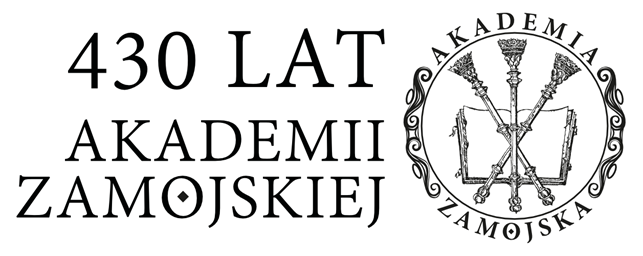Wielowymiarowość postaw patriotycznych
Andrzej Chodubski
Przykład rodziny Smoleńskich z Grabienic Małych z drugiej połowy XIX i początku XX wieku
Abstrakt
W opracowaniu wskazuje się, że rodzina Smoleńskich z Grabienic Małych stanowiła typowy przykład przechodzenia w drugiej połowie XIX w. z stanu drobnoszlacheckiego w inteligencję. Rzeczywistość polityczna, funkcjonowanie pod zaborami kształtowały szczególne postawy patriotyczne nowo tworzącej się inteligencji. Postawy te ujawniały się w wielowymiarowości form, od aktywności insurekcyjnej w pierwszej połowie XIX w. po urzeczywistnianie ideałów pozytywistycznych w drugiej połowie XIX w. i aktywności kulturowej na początku XX w. Pojmowanie patriotyzmu jako solidnej pracy u podstaw przez członków rodziny Smoleńskich, jak też ich zdolności duchowe doprowadziły ich do pozycji luminarzy polskiego życia kulturowego. Z punktu widzenia generowania postaw patriotycznych szczególną rolę pełnił historyk i pedagog Władysław Smoleński (1851–1926) – jeden z najwybitniejszych przedstawicieli pozytywizmu warszawskiego.
Słowa kluczowe:
Patriotyzm, postawy patriotyczne, rodzina Smoleńskich z Grabienic Małych, idee romantyzmu i pozytywizmu, praca u podstawInne teksty tego samego autora
- Andrzej Chodubski, Konteksty biografii pogranicza , Biografistyka Pedagogiczna: Tom 1 Nr 1 (2016)
Szczegóły
Bibliografia
Statystyki
Autorzy
Zasady cytowania
Licencja

Utwór dostępny jest na licencji Creative Commons Uznanie autorstwa – Użycie niekomercyjne – Bez utworów zależnych 4.0 Międzynarodowe.


 Język Polski
Język Polski
 English
English
 Italiano
Italiano

